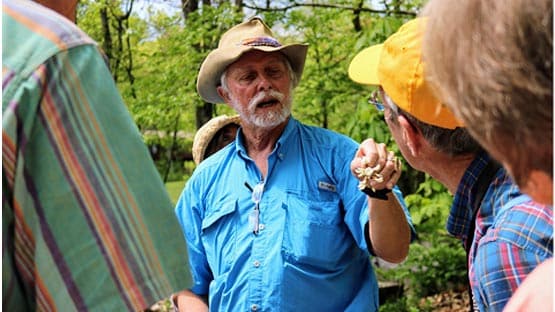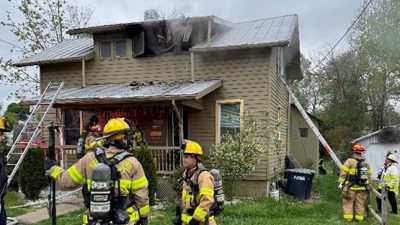
American industries are facing challenges recruiting skilled workers to fill vital positions, particularly in rural communities where too many vacancies and too few applicants exist.
Workforce training programs, such as career pathway programs and industry or sector partnerships, offer valuable avenues for employers, educators and industry leaders to train qualified personnel for sectors that consistently need assistance to meet staffing needs.
The bipartisan Creating Access to Rural Employment and Education for Resilience and Success (CAREERS) Act would help address existing workforce challenges in rural communities by expanding skills development opportunities in the U.S. Department of Agriculture’s Rural Innovation Stronger Economy (RISE) Grant Program. Specifically, the CAREERS Act would allow the allocation of RISE grants to support career pathway programs or industry partnerships to bolster rural economies and innovation.
U.S. Rep. Abigail Spanberger of Virginia helped introduce the legislation to expand workforce training opportunities and strengthen career pathways in rural communities.
“As the only Virginian on the U.S. House Agriculture Committee, I have seen firsthand how industry leaders and small business owners in Virginia’s rural communities often struggle to recruit and retain the qualified workforce they need to remain competitive,” she said. “Creating sustainable career pathways is essential to the long-term success of these communities. I am proud to have helped introduce the bipartisan CAREERS Act, which would address these challenges directly by providing workforce training programs to equip workers in rural areas with the tools necessary to meet the diverse needs of their local economies.”
U.S. Reps. Jill Tokuda of Hawaii and Nick Langworthy of New York lead the legislation.
“Hawai‘i has one of the highest costs of living in the country, which means that too many of our people are getting priced out of paradise. We need sustainable career pathways that lead to well-paying jobs that make it possible for our people to work, live, and thrive in rural and remote America,” Tokuda said. “I am pleased to co-lead the CAREERS Act with my colleague Rep. Nick Langworthy to expand workforce training programs and create career pathways in our rural communities. By providing grants in key sectors such as public utilities, child care, agriculture, health care, manufacturing, and more, we will strengthen rural America’s ability to support and uplift their communities and our nation as a whole.”
The CAREERS Act would:
- Allow the Secretary of Agriculture to allocate funds within the Rural Innovation Stronger Economy (RISE) Grant Program (Title VI of the Farm Bill) to support career pathway programs or industry or sector partnerships in key industry sectors, including conservation practices and management, healthcare, child care, manufacturing, agribusiness, and public utilities such as telecommunications, broadband, water, wastewater, disposal, and electric supply services.
-
- Grant amounts are awarded competitively, with a minimum of $500,000 and a maximum grant amount of $2,000,000 to eligible entities.
-
- The Secretary has the flexibility to add additional sectors if a local workforce board deems that sector to be in high demand.
- Require the grant awardee to provide a report to the Secretary on the activities funded with the grant, including performance measures during the project period.
“Many businesses in rural areas, like those I represent in Western New York and the Southern Tier, are facing a challenge in finding skilled workers — resulting in too many vacancies and too few applicants,” Langworthy said. “The CAREERS Act aims to close the skills gap by investing in pathway training programs and creating meaningful partnerships with private sector stakeholders across sectors — from manufacturing to healthcare. If enacted, this legislation will work to bolster rural economies and innovation, making them more competitive and sustainable well into the future.”










